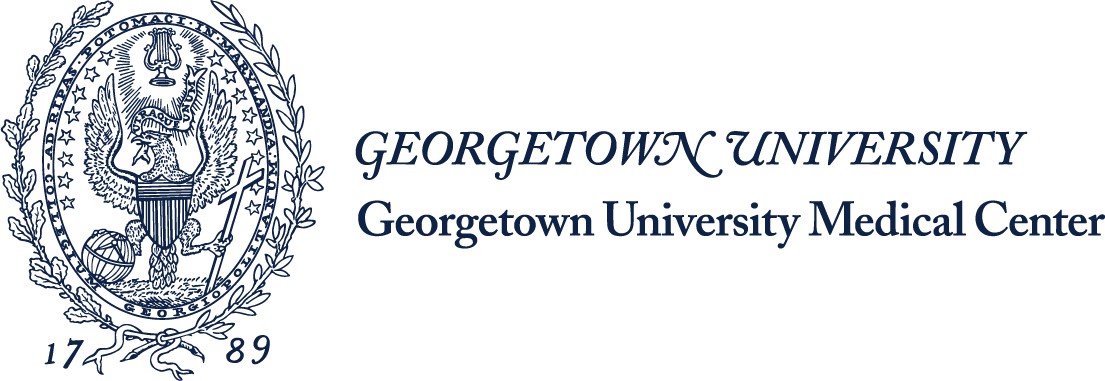Top Global Health Experts Release Action Plan: COVID-19: A Global Pandemic Demands a Global Response

Posted in News Release | Tagged 2019 Novel Coronavirus, big data, Center for Global Health Practice and Impact, COVID-19, global health, machine learning, pandemic
Media Contact
Karen Teber
km463@georgetown.edu
WASHINGTON (April 23, 2020) — Some of the world’s foremost experts in global health say a comprehensive global response can defeat the COVID-19 pandemic, but the time to act is now.
In a comprehensive white paper (COVID-19: A Global Pandemic Demands a Global Response) available today on the Georgetown University website, Georgetown professor and the former head of the Global Fund and an architect of PEPFAR, the Hon. Mark Dybul, MD, and other top global health leaders say, “Outlining what needs to be done is not particularly difficult. The actual implementation and the politics in each country and globally make it complicated.”
With a particular focus on sub-Saharan Africa, the team explores the possible scenarios for the course of the COVID-19 pandemic, what we know, what we need to know, and how we can effectively respond now to limit new infections and deaths and to best prepare for an uncertain future. There is an emphasis on strong public health measures but also the potential of Big Data and Machine Learning to support a robust response to a first wave of infections, help to more safely ease restrictions and respond to any additional waves.
Engagement in Africa now would: 1) respond to humanitarian need and support leaders who are already acting; 2) gain essential knowledge on the spread and genetic drift of SARS-CoV-2 (the virus causing the COVID-19 pandemic) in the Southern Hemisphere that could be key to better understand the trajectory of the pandemic over the coming year; 3) protect massive and effective investments in HIV, tuberculosis, malaria, vaccination, maternal and child health and other global health programs; and 4) ensure a geopolitical balance of engagement on the continent.
The report recommends the rapid establishment of cross-sectoral global, regional, national and sub-national task forces and communities of practice to coordinate a wide array of stakeholders, rapidly share best practices and failed efforts, identify gaps and prepare for whatever trajectory COVID-19 takes. The team further argues these structures must remain in place not only to manage the current pandemic but ready to aggressively combat future global health threats.
Also, they argue, “the World Health Organization has a central role to play and must be sufficiently funded,” Dybul and the group write. “Many other international organizations, the private sector and security forces must also engage. With strong coordination and division of labor, the current wave of COVID-19 can be managed and all countries will be in a stronger position to be prepared for, and respond to any additional waves.”
The group concludes, “No country is safe from SARS-CoV-2 as long as it exists anywhere in the world. Throughout history, we have faced down threats at home and abroad when we come together as a human family. We can emerge from this crisis, stronger, healthier and more resilient. A global response will defeat a global pandemic. The time to act is now.”
Principal authors of the white paper include:
The Hon. Mark Dybul, MD, Professor of Medicine and Co-Director, Center for Global Health Practice and Impact (CGHPI), Georgetown University Medical Center; Joep Lange Chair, Joep Lange Institute, University of Amsterdam
Robert Morello, Co-Founder and Chief Data Analyst, Fraym
J Smart, PhD, Chief Scientist and Research Professor, Office of the Senior Vice President for Research, Georgetown University
Rebecca Katz, PhD, MPH, Professor and Director, Center for Global Health Science and Security, Georgetown University Medical Center
Peter Piot, MD, PhD, Handa Professor and Director, London School of Hygiene and Tropical Medicine
